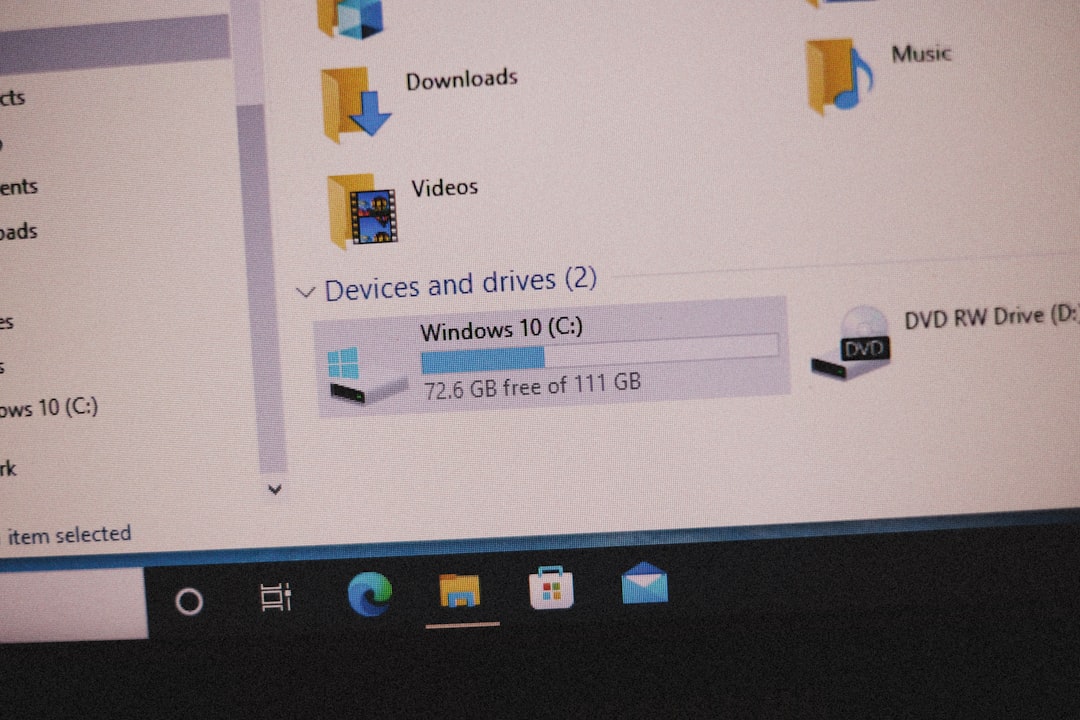In today’s digital world, privacy and security are of utmost concern for anyone who uses the internet. One of the most common tools promoted for protecting online anonymity is the Virtual Private Network, or VPN. But how secure is a VPN connection really? Understanding the layers of protection—and potential vulnerabilities—behind a VPN can help you make informed decisions about your online safety.
What Is a VPN and How Does It Work?
A VPN is a secure tunnel between your device and the internet. It encrypts all the data leaving your device and routes it through a server operated by the VPN provider. This masks your IP address and makes your online actions more difficult to trace.
The primary layers of security provided by a VPN include:
- Data Encryption: VPNs use encryption protocols such as AES-256 to scramble your data, making it unreadable to any unauthorized third party.
- IP Masking: By routing your traffic through a remote server, VPNs hide your real IP address, helping protect your digital identity.
- Tunneling Protocols: Protocols like OpenVPN, IKEv2/IPSec, or WireGuard manage how your data travels through the secure tunnel and ensure it’s delivered safely.

How Secure Is the Encryption?
Most reputable VPN providers use military-grade encryption, such as AES-256, which is virtually impossible to break with current computing power. Coupled with secure handshake protocols like RSA and forward secrecy, your data is extremely well-protected from outside surveillance and hackers.
However, it’s important to note that not all VPNs are created equal. Free VPN services or unknown providers may use outdated or weak encryption standards, potentially exposing you to more harm than good.
Potential Vulnerabilities of a VPN
Although VPNs add a strong layer of security, they are not foolproof. Here are some ways a VPN connection can still be compromised:
- DNS Leaks: Even with a VPN, your device might request domain name resolutions from your Internet Service Provider’s (ISP) DNS servers instead of the VPN’s, revealing the websites you’re visiting.
- Logging Policies: Some VPN providers keep logs of your online activities, which can be used or shared with third parties or law enforcement agencies.
- Malicious VPN Apps: Especially on mobile platforms, some so-called VPN apps might actually collect user data or install malware.
- VPN Connection Drops: If the VPN connection unexpectedly drops, your real IP address and unencrypted data could be exposed unless safeguards like a kill switch are in place.
The Importance of Choosing the Right VPN
If you want to maximize VPN security, it’s essential to choose a reputable provider. Look for features such as:
- No Logging Policy: Ensure they have a transparent, independently-audited no-log policy.
- Strong Encryption Protocols: Seek support for modern and secure protocols like WireGuard or OpenVPN.
- Kill Switch: This feature automatically prevents internet access if your VPN connection drops, protecting your real IP address.
- Multi-Hop Servers: Some VPNs offer routing through multiple locations, further anonymizing your online actions.

What Can and Can’t a VPN Protect You From?
It’s important to recognize the limits of a VPN. While it enhances privacy and can prevent eavesdropping on Wi-Fi networks or surveillance by your ISP, it does not make you invincible online. Here’s a quick breakdown:
A VPN can protect you from:
- ISP tracking and bandwidth throttling
- Unsecured public Wi-Fi threats
- IP-based geo-blocking and censorship
- Basic surveillance tactics
A VPN cannot protect you from:
- Phishing attacks via email or fake websites
- Malware infections from unsafe downloads
- Data breaches on sites you use
- Human errors like poor password security
Conclusion
VPNs are powerful tools for enhancing your digital privacy and securing your internet connection. When used properly and paired with a reliable provider, they can offer robust encryption and IP masking that protect you from a variety of online threats. However, they are just one piece of the cybersecurity puzzle. To truly stay secure, you’ll need to combine VPN use with good browsing habits, strong passwords, and updated anti-malware software.

So, how secure is a VPN connection? The answer is: very secure—if you choose wisely and stay informed.



